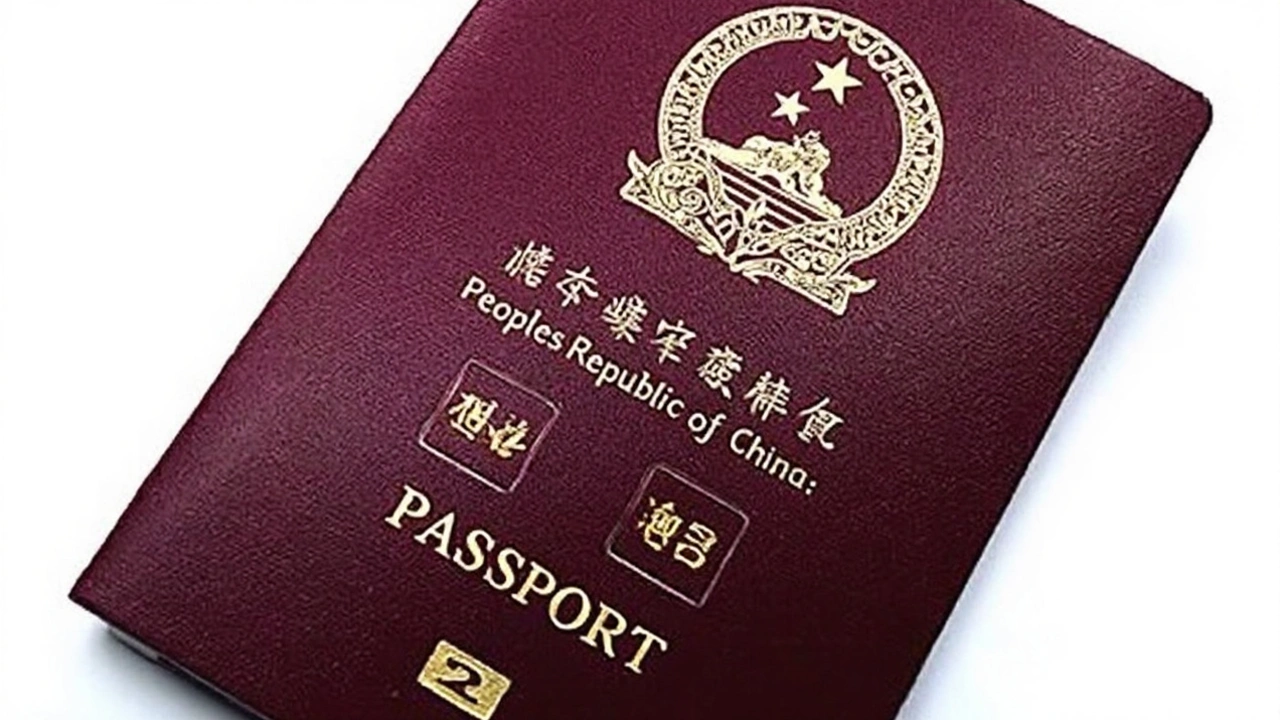Uyghurs — who they are and why the world is watching
The Uyghurs are a mostly Muslim, Turkic-speaking people from Xinjiang, a region in northwest China. You’ve probably seen headlines about detention camps, forced labor, or travel bans. Those stories come from a mix of eyewitness accounts, leaked documents, satellite images, research by human rights groups, and official responses. If the topic feels confusing or charged, that’s normal. Here’s a clear, practical guide to what matters now.
What’s happening in plain terms
Reports from human rights groups and UN experts say that large numbers of Uyghurs have been detained in so-called "re-education" facilities. Estimates by multiple organizations suggest the number could be over a million, though exact figures vary. Other reported actions include restrictions on religion and language, surveillance, and coerced labor in some supply chains. Governments and companies around the world have reacted differently — some have imposed sanctions or trade rules, others have stayed quiet. The main takeaway: many independent sources point to serious rights concerns, and the issue has global economic and political effects.
How to follow reliable updates and why it matters
Want timely, trustworthy news? Follow a mix of sources: international news outlets, reports from Human Rights Watch and Amnesty International, findings from the Uyghur Human Rights Project, and statements from UN human rights experts. Watch for primary evidence — documents, satellite photos, testimonies — not just opinion pieces. Also track policy moves like the U.S. Uyghur Forced Labor Prevention Act, EU or Canadian sanctions, and corporate supply chain disclosures. These show how governments and businesses are responding in practical ways.
If you care about ethical shopping, check brand supply chains and look up whether companies have independent audits or use the U.S. Customs guidance tied to forced labor. For those following geopolitics, the Uyghur issue affects trade, alliances, and human rights diplomacy across Asia, Europe, and North America.
Want to help but unsure how? Consider these steps: support credible Uyghur-led organizations and human rights groups, donate to legal or refugee-assistance funds, sign targeted petitions from verified campaigns, and contact brands or lawmakers asking for transparency. Small actions like sharing verified reports or amplifying Uyghur voices can matter, too.
Finally, stay critical of disinformation. This topic attracts strong claims from many sides. Look for repeated, independently verified facts. If multiple respected sources report the same basic findings, that’s a reliable signal. If a claim appears only on social media or on sites with clear bias, treat it cautiously.
Need recent stories? Bookmark reliable outlets and set alerts for terms like "Xinjiang," "Uyghur," "forced labor," and "re-education camps." That way you’ll get straight updates without sorting through guesswork. The situation changes often, and staying informed helps you understand both the human impact and the bigger policy moves shaping global responses.
